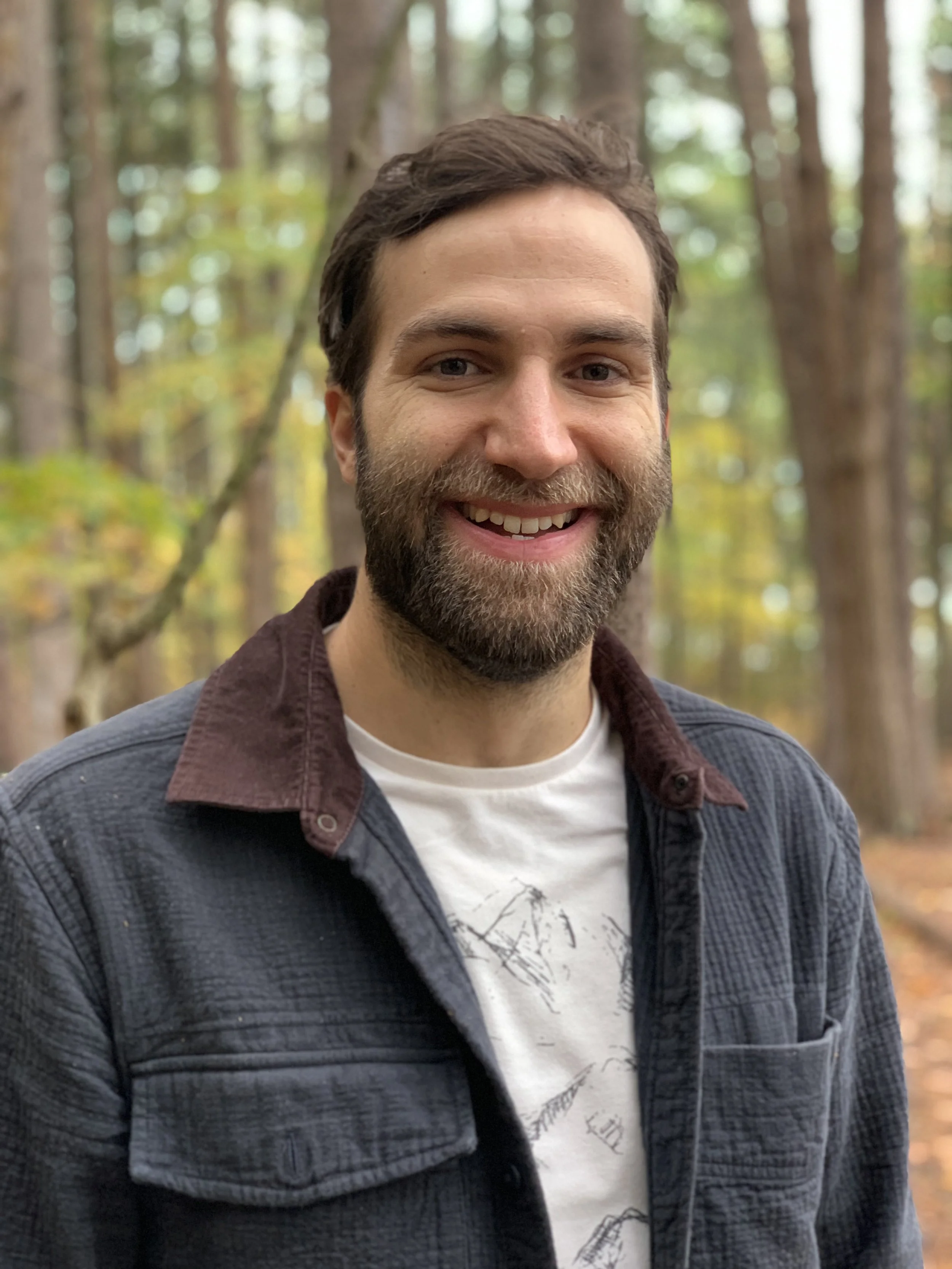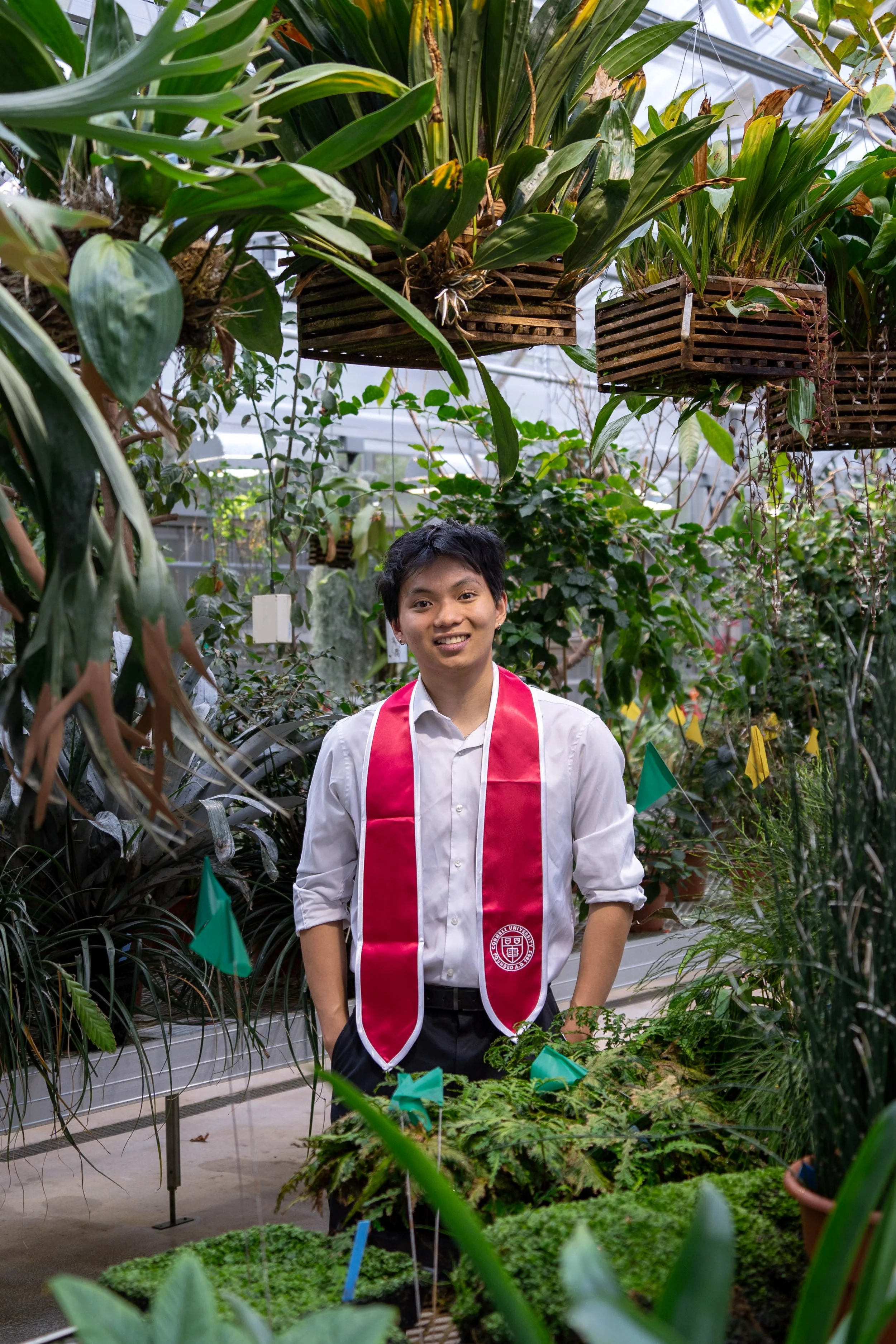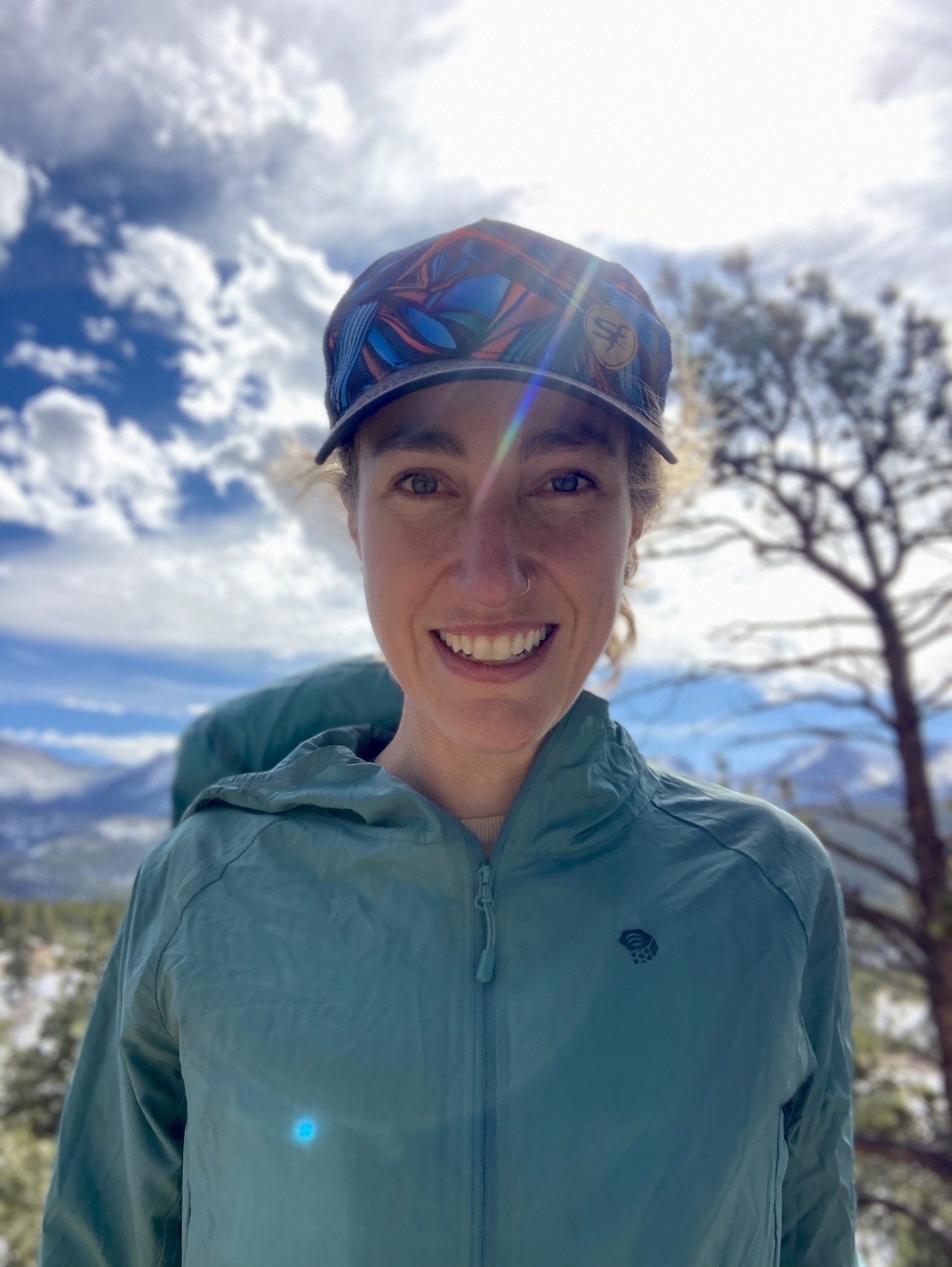Hannah E. Marx, PhD (She/her)
Assistant Professor & Herbarium Director
I joined Cornell University in January 2025 where I am an Assistant Professor in the School of Integrative Plant Science and Director of the L. H. Bailey Hortorium Herbarium (BH).
Previously, I was an Assistant Professor in the Department of Biology at the University of New Mexico and Curator of the Herbarium at the Museum of Southwestern Biology.
My interest in research began while taking a plant systematics course taught by Dr. Richard Olmstead as an undergraduate at the University of Washington. My first project was to infer the molecular phylogeny of the plant family Verbenaceae, using chloroplast and nuclear sequence data.
Since then, I have worked as a lab technician, a field assistant surveying conifer encroachment into meadows, and participated in a variety of plant surveys and collecting trips. Through these experiences, I became fascinated with the diversity of muti-species assemblages in ecological communities. I received my PhD in Bioinformatics and Computational Biology at the University of Idaho in 2016, working with Dr. David Tank to disentangle diversity patterns in island systems using phylogenetic approaches.
International research collaborations introduced me to approaches for addressing ecological and evolutionary drivers of community phylogenetic diversity at macro-ecological scales. For my postdoctoral research I focused on finer levels of diversity, using functional genomics to decipher mechanisms that link genes to phenotypes in natural plant communities.
Outside of the lab, I enjoy a variety of outdoor activities including backpacking, skiing, running, biking, and watching Zia (lab pup in training) explore the world. Continually botanizing, I love photographing plants on my adventures.
Graduate Students
Joseph Kleinkopf (he/him)
Phd student: Biology (Fall 2021—)
Website: https://jkleinkopf.github.io/index.html
I am a PhD student interested in the patterns and processes underlying the evolution of plants, specifically in alpine and island systems.
I previously earned my MS at Washington State University in the Roalson Lab using phylogenomics to better understand the diversification of Hawaiian Cyrtandra (Gesneriaceae). At UNM, I am excited to work with phylogenetic tools to explore the plant biodiversity of alpine communities. Prior to arriving in Albuquerque, I taught science to middle school students in Olympia, WA. My experience as a teacher made clear the importance of science outreach, and I am interested in continuing to make science accessible and approachable for K-12 students.
Outside of science, I enjoy spending time outdoors and playing fetch with my dog Charlie.
Postdocs
Jared Meek (he/him)
Postdoctoral Associate (Fall 2025—)
Website: https://j-meek.github.io/
I am a conservation and evolutionary biologist studying how dynamic landscapes influence the diversity of life on Earth. I’m especially interested in plants and mountains.
I received my PhD in Ecology, Evolution, and Environmental Biology at Columbia University, where I worked with Dr. Deren Eaton. My doctoral work uncovered the phylogeographic patterns and population genetics of multiple Pedicularis (Orobanchaceae) species in the Hengduan Mountains biodiversity hotspot, as well as improved the molecular phylogeny of Delphinium (Ranunculaceae) in western North America.
In the Marx Lab, I'll be focusing on patterns of diversification and endemism in the alpine flora of western North America.
Lab Tech
Dylan Sheng (he/him)
Technician (Summer 2025—)
I am interested in how species originate, how they got to where they are today, and the processes that generate new species. I graduated from Cornell with a Bachelors in Plant Science, where I've worked on protein-protein interactions in Arabidopsis, herbarium and collections based research, and describing a new species of Begonia!
In my free time, I enjoy music, hiking, and photography.
Pups in Training
Zia Mays
Zia joined the lab in March, 2021. She loves sniffing and eating plants, meeting new people and new pups, and running after squirrels, lizards, and balls. She is looking forward to her first field season next year.
Lab Alumni
Elizabeth ("Lizzie") M. Lombardi (she/her)
Postdoctoral Fellow | 2022-2024
Currently an NSF Postdoc at the University of Minnesota Duluth
Website: https://elizabethlombardi.weebly.com/
Twitter: @EcoPlantViruses
Bryana Olmeda (they/them)
Graduate Student (UNM) | 2022—2025
MS Biology, May 2025
Thesis: A floristic study of the vascular flora of the Brokeoff Mountains, southcentral New Mexico
Erin Berkowitz (she/her)
Graduate Student (UNM) | 2022—2024
MS Museum Studies, May 2024
Thesis: Uncovering Over 150 Years of Herbarium Specimen Data to Examine the Impacts of Climate Change on Alpine Plant Phenology in the Southern Rocky Mountains
Jeremiah Westerman (he/him)
Undergraduate | Summer 2022—2024
UNM Biology, Honors, May 2024
Thesis: Investigating the Potential Effect of Pollinators on the Alpine Plant Diversity of the Southern Rocky Mountains: A Community Phylogenetic Approach
Prospective Students & Postdocs
Contact Dr. Marx (hem73[at]cornell[dot]edu) with inquiries about positions in the lab.
“How awfully flat I shall feel, if I when I get my notes together on species, the whole thing explodes like an empty puff-ball. Do not work yourself to death. ”










